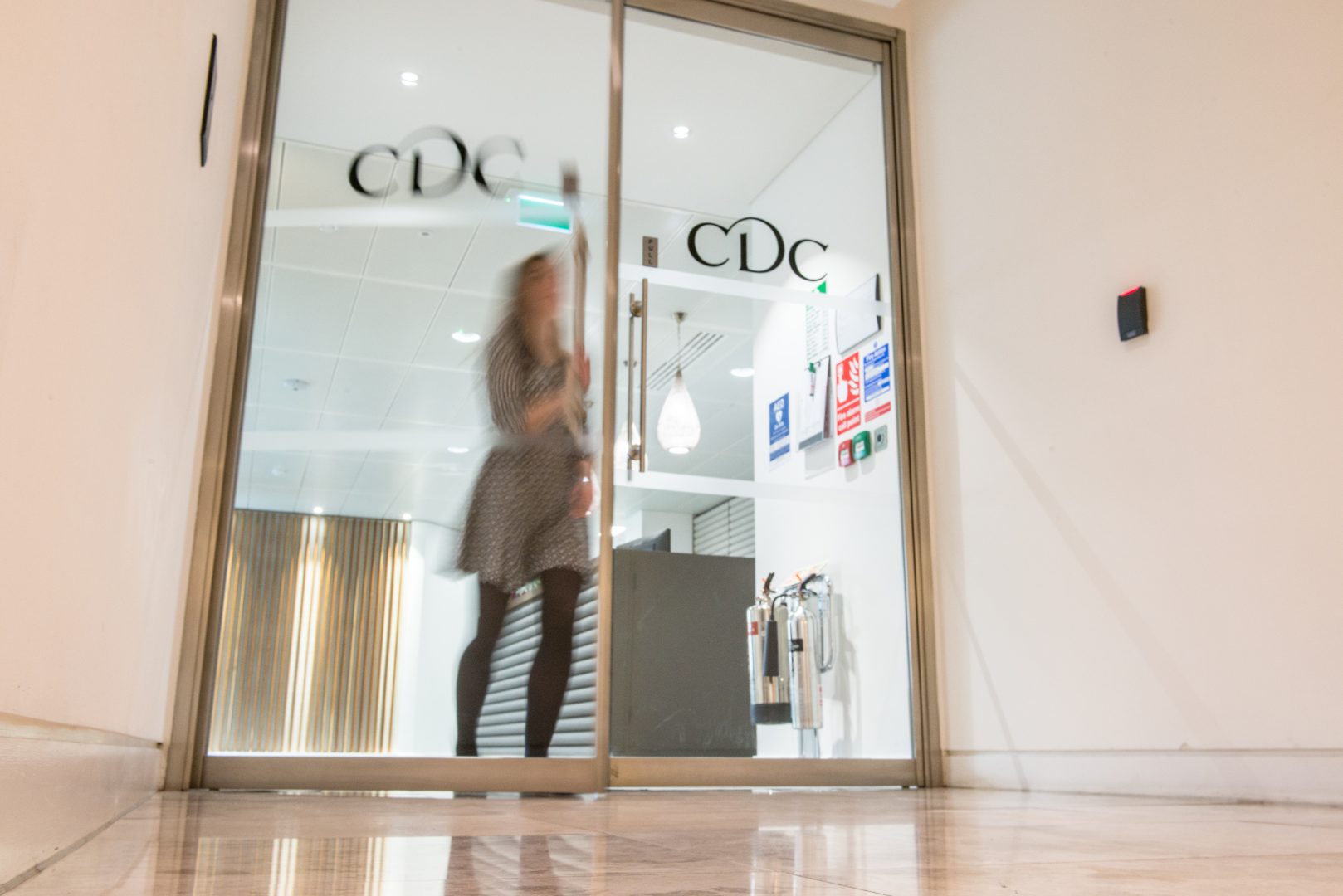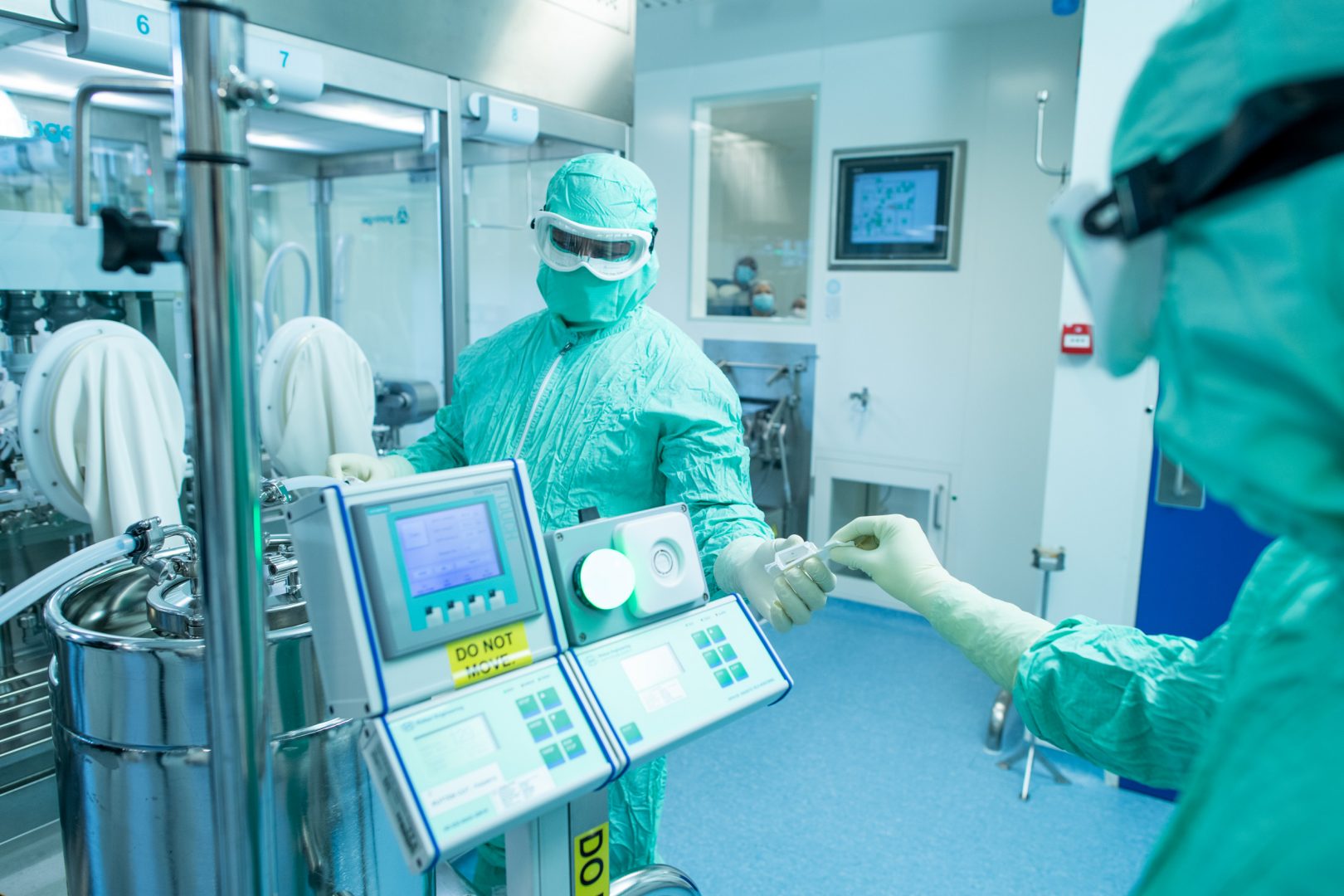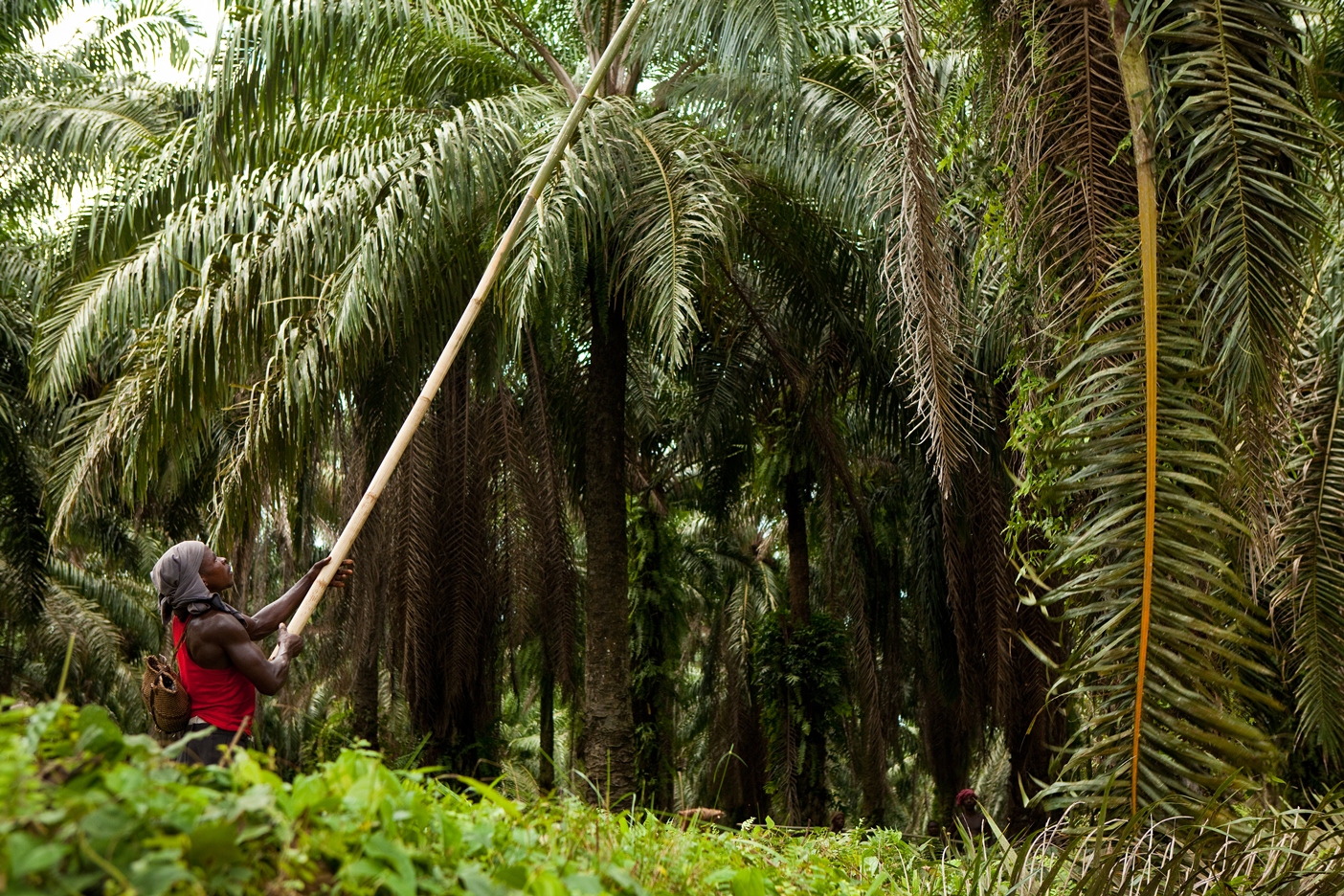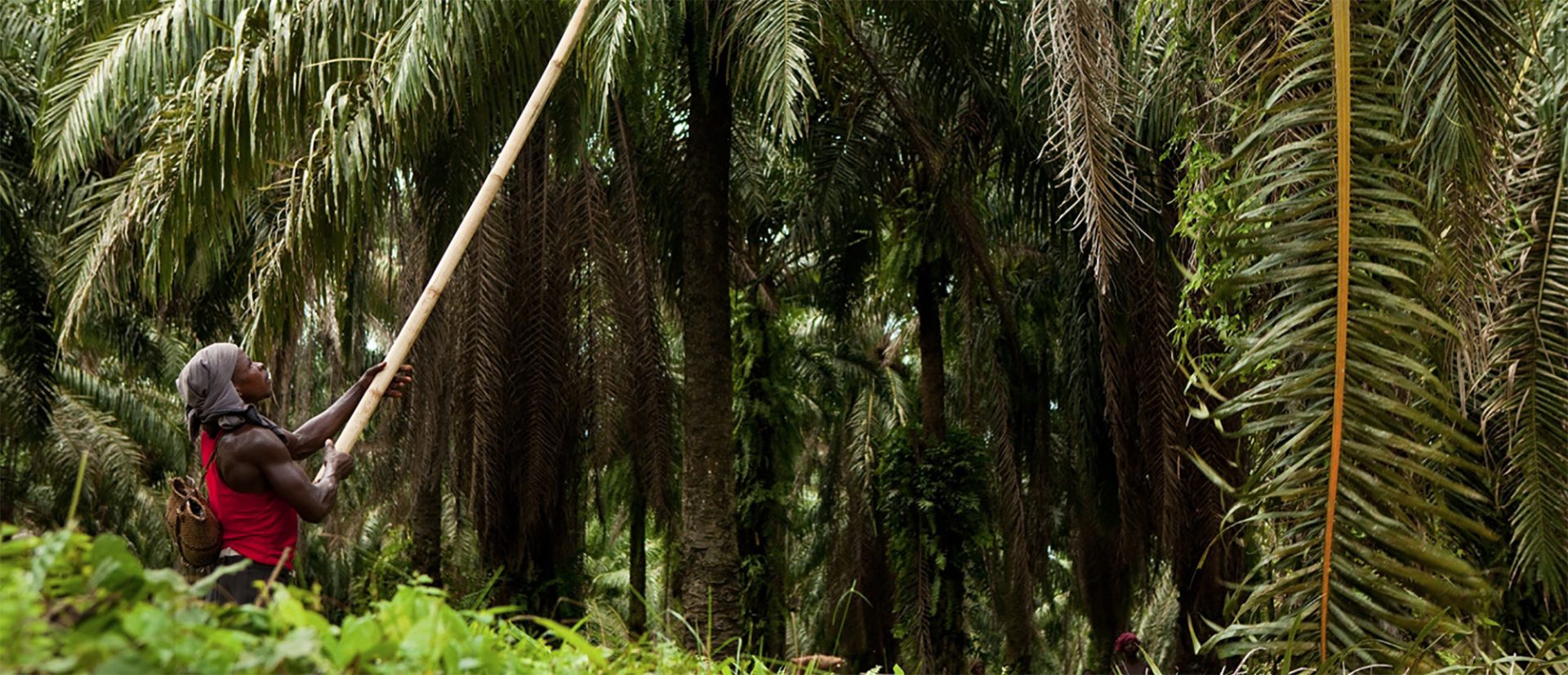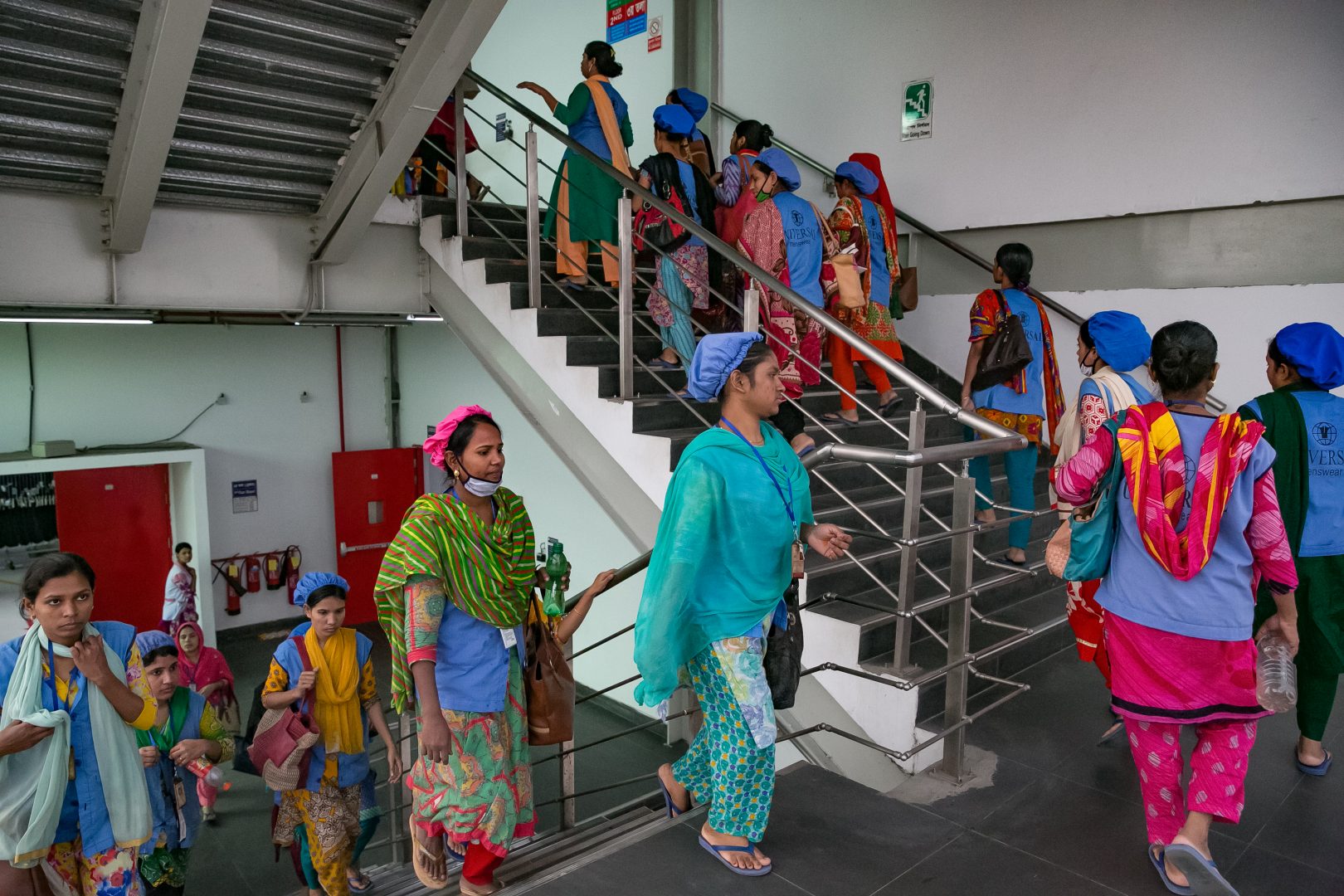In July we announced that Feronia was facing bankruptcy and was to undergo a financial restructuring in order to secure the long-term future of Plantations et Huileries du Congo (PHC), its palm oil business located in the Democratic Republic of the Congo. CDC has been invested in Feronia since 2013.
Today marks a major milestone of the legal process that began in July. The restructuring sees KKM, an Africa-based and managed investment firm, which is already a long-term investor in the company, inject $15 million of fresh capital into the business, of which $5 million has already been disbursed, and become its principal shareholder. CDC ceases to be an equity investor in the company but remains a lender alongside other European DFIs.
PHC operates in very remote and poverty-stricken areas of the DRC, by many measures the poorest country in the world. Along with this challenging location, PHC’s productivity is significantly below that of comparable palm oil businesses across Africa. The company’s trading environment remains difficult due to limited routes to market and a prolonged slump in the price of palm oil. Its outlook is made more uncertain due to the scale of the ongoing task to rehabilitate and modernise the company and the plantations after they fell into disrepair following the civil war. This means that the road ahead for the company remains challenging and more work and action will be required to bring it to profitability and sustainability.
However, the substantial amount of fresh capital to be provided by KKM and the continued support of the DFI lenders, avoids the company being forced into bankruptcy proceedings and gives PHC the best chance to become a financially sustainable business.
The company is the sole formal employer in an extremely remote region of DRC. Local communities rely on the company for educational and medical facilities as well as clean water provision. Over $7 million has been spent on these facilities since CDC made its initial investment in Feronia. Since 2013, production has increased five-fold owing to operational improvements including the rehabilitation of old plantations and the construction of two new mills at a cost of $28 million. $39 million has been spent on new trees and other agricultural improvements.
KKM’s consortium brings together a group of African investment professionals with deep roots in their communities and who are deeply passionate about unlocking the potential of PHC. As part of the restructuring, the new owners have contractually committed to an Environmental and Social Action Plan, a summary of which will be published in due course. This plan sets out in detail the steps that will be taken by the PHC Board and the company management, with the support of the DFI lenders to the company, to enhance worker pay and conditions, work in partnership with local communities, and maintain and improve environmental standards, such as those raised by Human Rights Watch.
The ongoing Independent Complaints Mechanism (ICM) mediation process with local communities, will continue with the support of KKM, CDC and the other DFI lenders.
Finally, the restructured business will no longer be quoted on the Toronto Stock Exchange significantly reducing the company’s administrative cost base.
